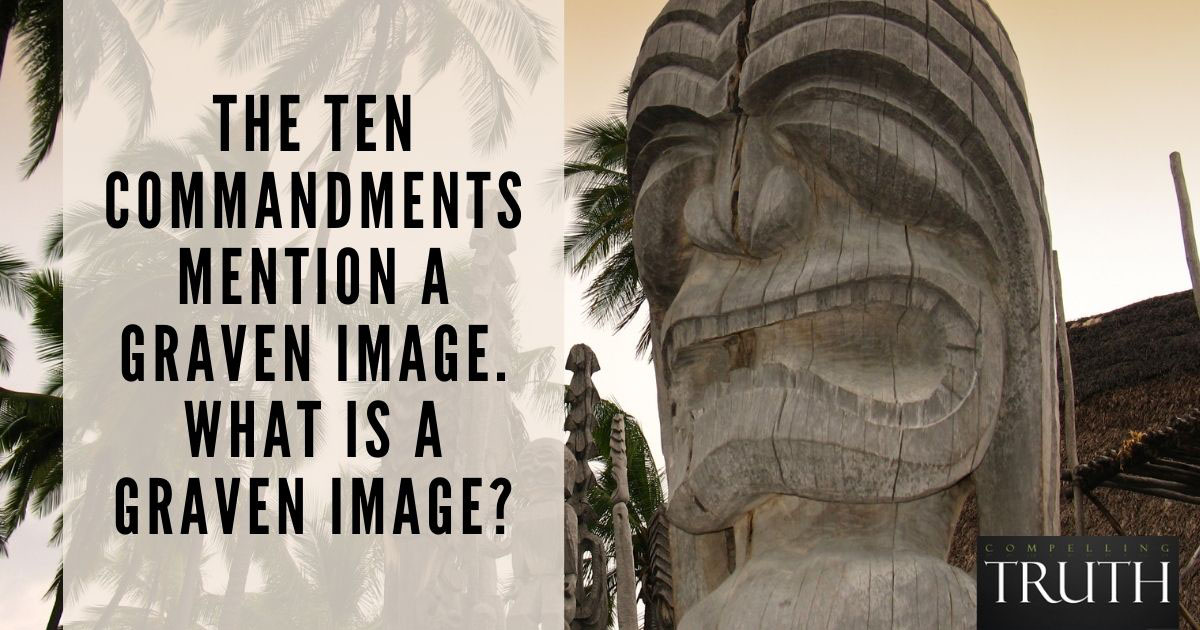


He tells his muse to awake and look at his lovers face “Rise, resty Muse my love’s sweet face survey,” and to see if time has aged and wrinkled it “If time have any wrinkle graven there ” and if any are there then satirize or make fun of times decaying abilities “If any, be a satire to decay,” so that its aging abilities are despised and scorned everywhere “And make time’s spoils despisèd everywhere.” 'Every nation and city had its own gods.Yet every family had its separate household or tutelary god. He asks her to return to him and redeem herself “return, forgetful Muse, and straight redeem” and make up for the time she has lost “In gentle numbers time so idly spent ” and inspire the poet whose gives her importance “Sing to the ear that doth thy lays esteem,” and who gives her poetic talent and value, as well as something to write about “And, gives thy pen both skill and argument.” Deuteronomy 27:15 Psalm 97:7 (Hebrews pesel), refers to the household gods of idolaters. “To speak of that which gives thee all thy might?” He asks if she is spending her influence and inspiration on some useless poetry “Spend’st thou thy fury on some worthless song,” that shadows her power just to make unworthy poems brighter “Dark’ning thy pow’r to lend base subjects light? The poet questions his muse asking where was she and if she has forgotten “Where art thou, Muse, that thou forget’st so long” to inspire him to write so that he can empower her influence. via SparkNotes Shakespeare Sonnet 100 Analysis – WIKI Shakespeare Sonnet 100 Modern Text (Translation)


 0 kommentar(er)
0 kommentar(er)
